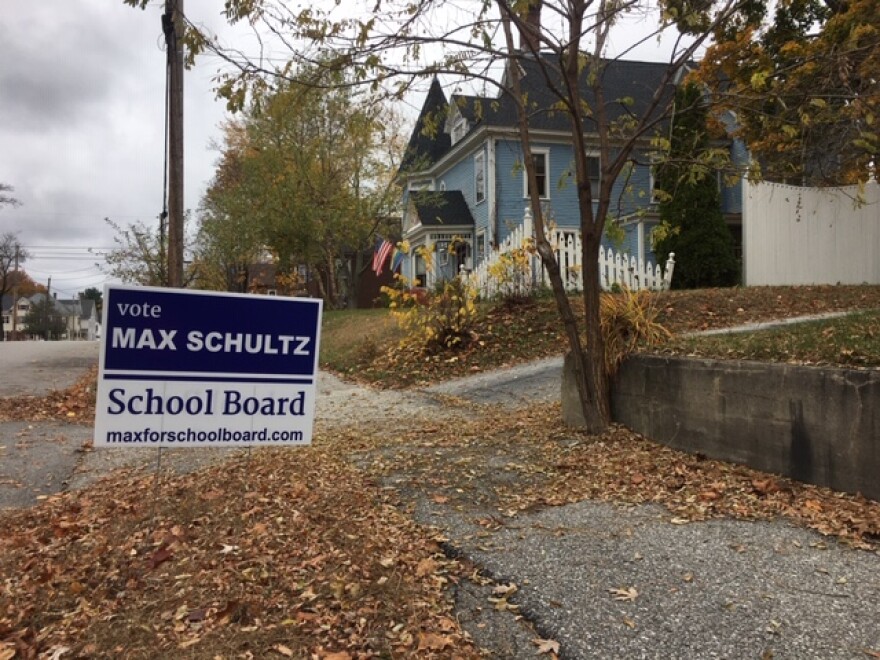In New Hampshire, School Board members are usually people we recognize: our friends, family members, neighbors. On a basic level, they make decisions on behalf of the school. But how much power do they actually have?
This story was produced for audio so we encourage you to listen!
What does a school board do?
Broadly speaking, school boards have two main jobs: to draft an annual school budget and to create school policy. After a budget is drafted, the taxpayers will vote on the budget proposal.
In New Hampshire, school boards have the power to determine policy on a wide range of issues, from curriculum (within the confines of state requirements, of course) to dress codes, to homework, disciplinary decisions and much more.
How do school boards in New Hampshire differ from those around the country?
All school boards members in New Hampshire are elected officials. The only exception to that rule might be an interim school board member who is filling the position of a member who left or was removed before the end of their term.
This isn't how all school boards work, though. In some of the largest school districts in the country, like New York City, Chicago and Washington, D.C. public schools, the members of the school board are appointed by the mayor.
This has caused some controversy in certain districts like this one and this one.
Supporters of elected school boards find value in its democratic appeals, especially in diverse districts with many distinct needs, while opponents of the elected school boards say that the system produces expensive races with low voter turnout. They also argue that these systems fail to hold one person accountable.
Across New Hampshire, voter turnout for school board elections is relatively low. Why is that?
School board elections do not always coincide with big presidential elections or the midterms. Voter turnout tends to be lower in off-year elections.
Turnout is also notoriously low for the annual school budget vote where taxpayers decide whether to pass the budget for the next school year. These elections typically take place in March, which is a period of time that just garners less political attention.
Todd DeMitchell, an education professor at UNH, says political participation also depends on the priorities of a community.
“The problem becomes whether or not the community sees this as worthwhile… and whether to invest its energy, its time to be good citizens by taking part and by voting,” said DeMitchell. “If we have diminished electors, just in terms of numbers, then we have a smaller portion of the community that decides what’s best for the community.”
What are some of the biggest challenges school board members across the state face?
One of the biggest challenges is balancing the needs of the school with the needs of the taxpayer. Sometimes those needs are contradictory. On the one hand, a school might need more money for renovations, but on the other hand, taxpayers can often not stomach the tax increases those renovations would require.
What does a typical school board election look like?
Some school board elections are large and competitive. In Manchester, the largest school district in the state, candidates raise thousands of dollars. For example, Lara Quiroga ran for the first time last November. Although she did not win, she did end up raising over $9,000 dollars.
Running for office is a huge time commitment. “It was really every weekend knocking doors. Per weekend, I would try to get 200 doors from July all the way to the general election,” said Quiroga.
School board races in smaller towns in New Hampshire are often much less competitive. Caitlin Parnell, the Chair of the Hampstead School Board, said her race was easy as she ran unopposed.
This kind of system -- of elected school board members -- only works if people participate.







